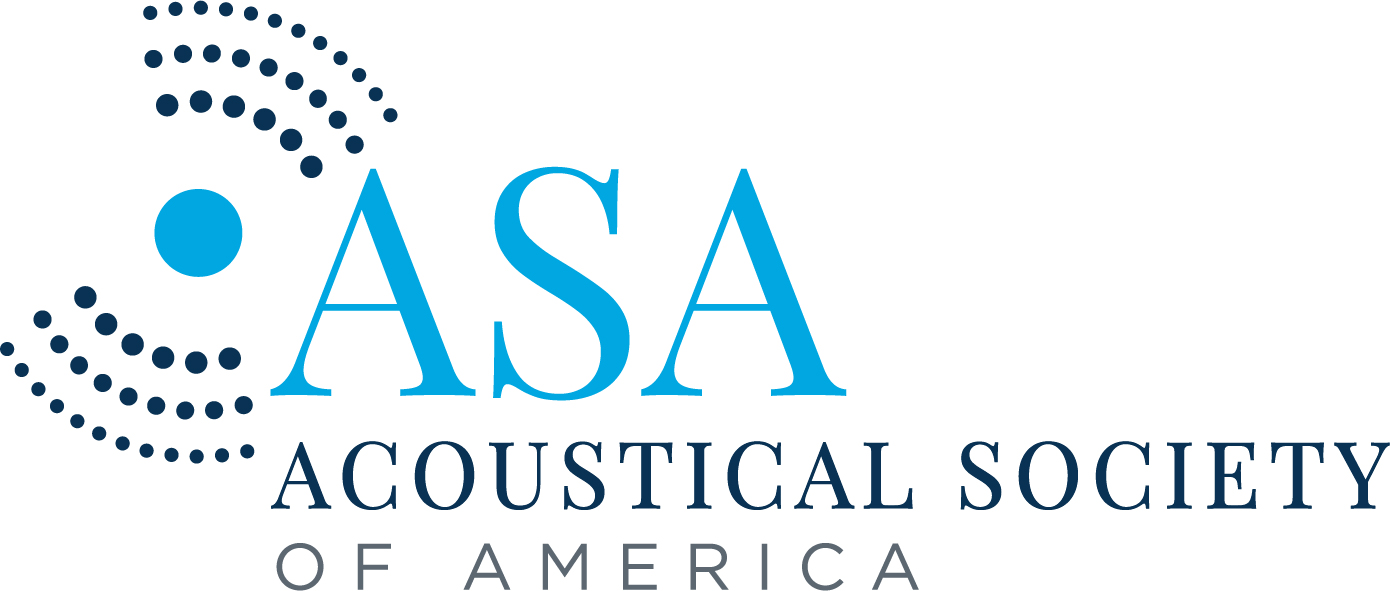Shelby Sydenstricker – Shelby.Sydenstricker@nemours.org
Kyoko Nagao – Kyoko.Nagao@nemours.org
Nemours Biomedical Research
1600 Rockland Road
Wilmington, DE 19803
Popular version of paper ‘2pPP8’
Presented Wednesday afternoon, June 9th, 2021
180th ASA Meeting, Acoustics in Focus
Hyper-sensitivity and hypo-sensitivity (increased and decreased reaction to sounds) are common among patients with ADHD, but have not been well-studied. Complicating this circumstance, no physiological measure for assessing auditory sensitivity has yet been established.
In this study, we explored how adolescents perceive loud sounds using one physiological measure (gauging middle-ear muscle responses) and two psychological measures (self-reported uncomfortably loud levels and psychological profile scores based on common sensations questionnaire). We also examined whether the relationship between physiological and psychological measures to loud sounds differs between adolescents with and without ADHD.
Thirty-nine participants aged 13 to 19 were divided into two groups: 19 participants with a current ADHD diagnosis (ADHD group) and 20 participants without ADHD (control group).
We evaluated the participants’ physiological response to loud sounds in the middle ear, known as acoustic reflex. Acoustic reflex testing is a non-invasive means of detecting the middle-ear muscle contraction as a response to tones or noise stimuli presented to the ear. To evaluate psychological response, we measured loudness discomfort levels, asking participants to report when a sound (tone or noise stimuli) was uncomfortably loud. To further assess psychological response, we used the Adolescent/Adult Sensory Profile questionnaire. All participants were asked how they respond to common sensations. Low registration and sensation sensitivity scores from the Sensory Profile were used for measures of hypo- and hyper-sensitivity (or under- and hyper-responsiveness) based on a previous adult study (Bijlenga, D., et al. 2017. Eur Psychiatry, 43, 51-57).
Preliminary results in the ADHD group showed a weak relationship between physiological (acoustic reflex) measures and sensory sensitivity scores (hyper-sensitivity), as well as a relationship between loudness discomfort levels and low registration scores (hypo-sensitivity). The control group did not show any relationships between the physiological measures and psychological measures we used in this study. We also found that older participants (16-19 years old) tended to be less sensitive to loud sounds than younger participants (13-15 years old). This insensitivity to loud sounds may be attributed to prolonged headphone use for schoolwork and recreational use (e.g., watching TV, listening to music, or playing video games).
Our results seem to suggest that some adolescents with ADHD perceive sound loudness differently from their peers without ADHD. Even within the ADHD group, their responses to loud sounds could be completely opposite from one another. Further research is needed to deepen our understanding of the relationship between physiological and psychological measures of sound sensitivity in patients with ADHD. We hope to continue to examine sound sensitivity in patients with ADHD by examining the effect of ADHD medications and of age on sound sensitivity. [Work supported by the ACCEL grant (NIH U54GM104941), the State of Delaware, and the Nemours Foundation].

The research team at Nemours Children’s Health System
